On May 27, the Hanoi Communications Association in collaboration with the Technology for Community Research Institute (TFGI) organized the Workshop “Technology Governance in the Digital Age: Outstanding Policies in Vietnam” with the participation and discussion of many experts.
Speaking at the workshop, Ms. Citra Nasruddin - Director of TFGI Program said that digital applications and digital transformation are becoming a trend in economic development. In particular, the emergence of emerging technologies creates diverse products and services, contributing to market expansion, promoting economic growth and development. Technology is especially important in the context of digital economic models changing continuously at a rapid pace. In Vietnam alone, the digital economy has been making important contributions to the economy. In 2023, the digital economy contributed up to 18.3% of GDP, and in 2025, Vietnam's ambition is to reach about 25%.
To achieve this goal, the Vietnamese Government has issued many strong support policies for the development of the digital economy, including solutions to promote technology to prepare infrastructure for the acceleration of the digital economy.
In addition to bringing benefits and opportunities, digital technology can also lead to risks and challenges. In that context, the system of policies and legal regulations needs to be promptly adjusted, supplemented and improved to optimize the benefits and prevent and overcome risks and challenges that may be created by the development of technology and new business models.
At the Workshop, Mr. Keith Detros - TFGI Program Manager introduced the Research Report on the Development of Technology Governance in 6 Southeast Asian Countries, which was just published in March 2025. This is the second publication focusing on the 6 major digital economies in the region including Indonesia, Malaysia, Philippines, Singapore, Thailand, and Vietnam (SEA-6). Expanding the scope from "stakeholders (who)" to "policy areas (what)", expanding the content from regulations to governance to "approaches (how)ˮ. The report also discusses policies and governance changes in 2024.
“In the context of rapid technological development, we believe that the legal landscape for the digital economy will continue to change and evolve. This report is not only academic in nature, but also aims to open up substantive policy dialogue between countries, promoting cooperation and interoperability in the region,” said Mr. Keith Detros.
According to the report, in the early stages of Southeast Asia’s digital economy journey, the dominant “move fast and disrupt” mindset focused on speed and innovation. The pandemic has further accelerated the pace of scale and adoption. However, as digital technologies become more embedded in society, the risks have become more apparent. Governments are now taking a more cautious approach to mitigate unintended consequences, including misinformation, cybersecurity threats, and labor market disruption. Moreover, as companies grow, regulatory clarity and interoperability are critical to attracting investment and reducing operating costs.
As such, digital ecosystem governance is expected to remain a top policy priority for governments in the region. In Southeast Asia, this is taking two main directions: balancing the promotion of the digital economy to support emerging technologies, while enhancing the development and protection of the digital society.
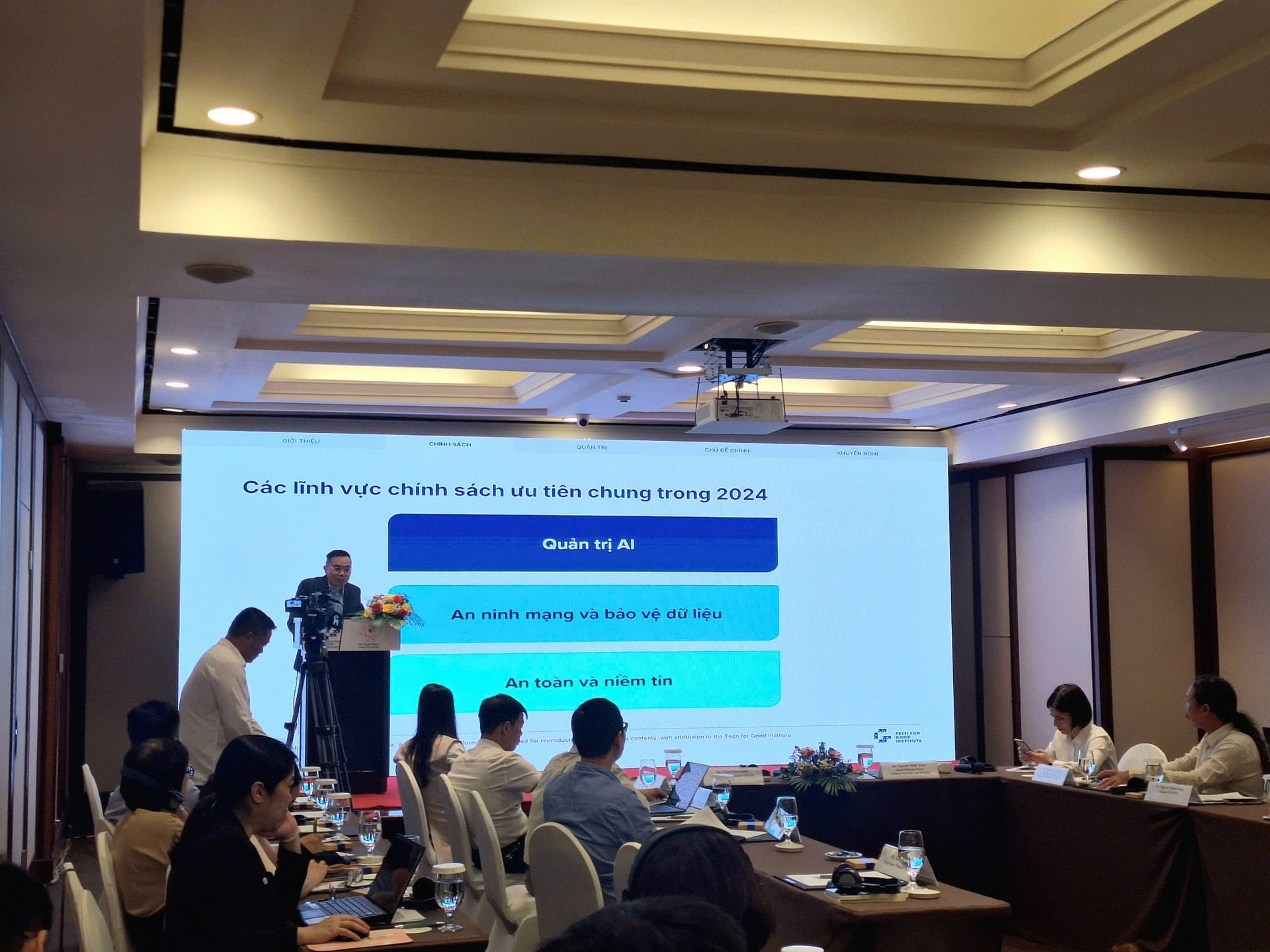
The governments of Indonesia, Malaysia, the Philippines, Singapore, Thailand and Vietnam (collectively known as the SEA-6) are implementing a range of governance mechanisms to achieve this dual objective. Promoting the digital economy and enhancing innovation helps to maximise the economic benefits of digital technology, creating a ripple effect across all sectors of the economy. At the same time, safeguarding the digital economy emphasizes the aspects of inclusiveness, trust and sustainability, ensuring that digital technology develops in line with national priorities while minimizing risks and unintended consequences.
Promoting the digital economy while protecting the digital society can create synergy. Building trust in the digital ecosystem, implementing a strong data governance mechanism, and developing digital public assets will lay a solid foundation for long-term digital innovation and development in Southeast Asia.
Across the region, this balancing act is evident in the common policy areas (What) of AI governance, cybersecurity and data protection, and enhancing safety and trust. Governments across the region have been implementing new policies and adjusting existing regulations to capture opportunities and address disruptions that may arise from AI, a complex cybersecurity landscape, and the growing integration of e-commerce, fintech, and digital platforms. The focus remains on updating cyber threat strategies to protect critical infrastructure and counter online risks and fraud.
This balancing act is evident not only in policy priorities but also at the structural level (who) and at the implementation level (how). At the structural level, 2024 will see the creation of new agencies and organizations with the mandate to comprehensively manage the digital ecosystem, from promoting digital economic growth, protecting citizens in cyberspace to developing public digital infrastructure. Specialized agencies in areas such as AI, e-commerce and cybercrime will also be established to enhance knowledge and ensure effective implementation. Governments are also increasingly expanding their technology governance toolkits beyond traditional regulations, as they recognize the need to foster innovation and maintain relevance.
In addition to mandatory regulations, the region is also implementing policy innovations such as non-mandatory guidelines, regulatory frameworks, and sandboxes, especially for emerging technologies. This approach helps governments better understand technologies and business models, and captures the growing concern to mitigate unintended consequences before new products and services are introduced to the market. By leveraging policy innovation, regulators can monitor technological progress in real time and foster public-private partnerships to protect the interests of citizens.
A comprehensive look at the evolution of technology governance in the SEA-6 region shows that while countries share common policy priorities, their structures and approaches often differ. Each market in the region has its own regulatory strategies shaped by its legal traditions, governance frameworks, and cultural norms. However, there is a common consensus on key priorities such as AI governance, cybersecurity and data protection, and online safety and trust, opening up potential opportunities for regional cooperation.
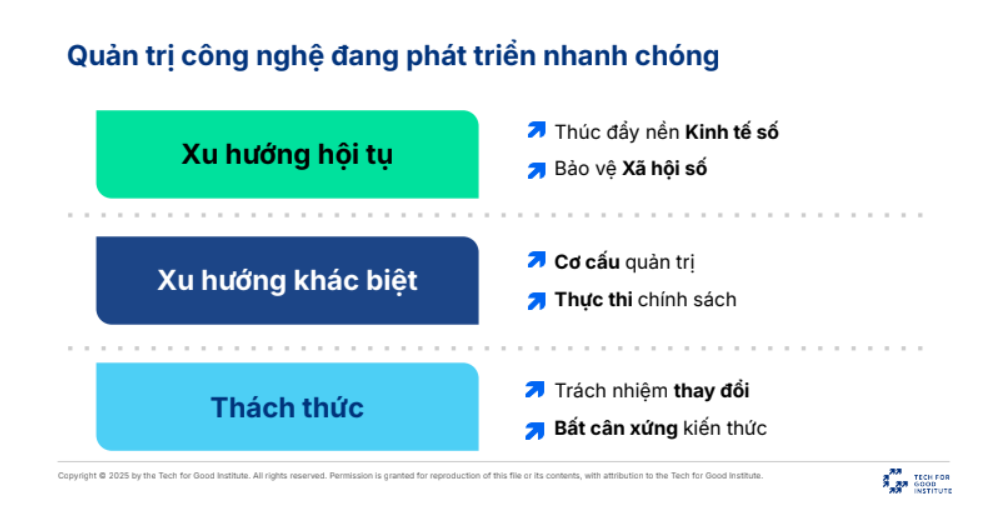
At the regional level, the ASEAN Digital Economy Framework Agreement (DEFA) is expected to be concluded by 2025. DEFA aims to harmonize digital trade regulations, promote cross-border data flows, and establish a governance framework for emerging technologies. However, achieving regional consensus requires clear national governance arrangements. Transparency in national regulatory frameworks ensures that governments can effectively discuss interoperability and develop concrete implementation roadmaps.
While countries in the region have different levels of development, legal traditions, and priorities, sharing experiences and focusing on common priorities would be an important first step in narrowing differences in governance and policy implementation, allowing governments to learn from each other’s experiences and promoting cross-border regulatory coherence.
While ASEAN DEFA provides a comprehensive framework for cooperation, the shared priorities identified in this report, such as artificial intelligence (AI) governance, cybersecurity and data protection, and enhancing online safety and trust, provide specific areas of cooperation that can be implemented immediately. Prioritizing these shared concerns can help accelerate progress, build trust and consensus before delving into more complex areas of integration. Ultimately, countries need to collectively commit to building an open, connected, and interoperable regional digital economy to sustain Southeast Asia’s digital growth momentum and resilience.
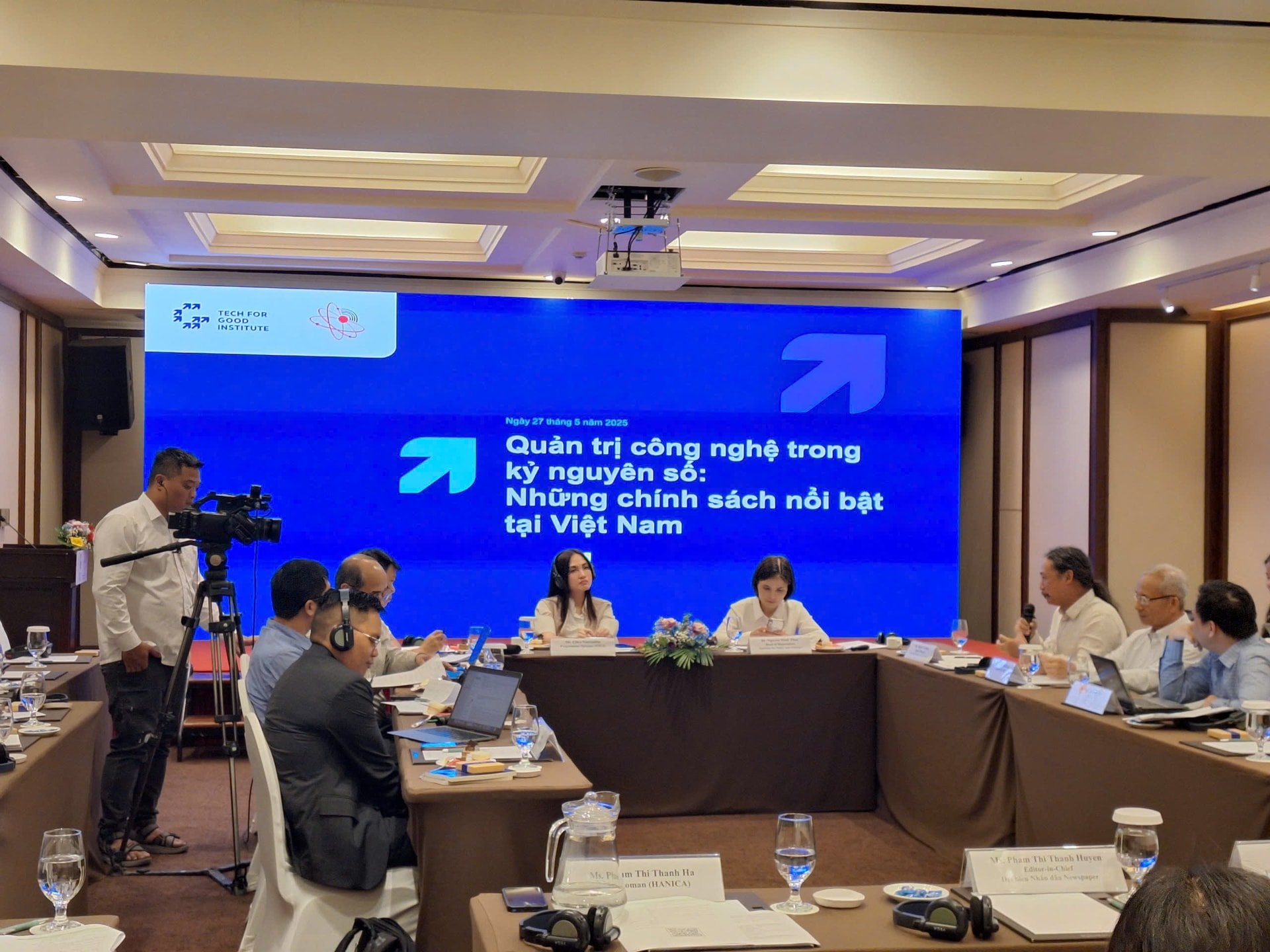
Sharing at the workshop, Dr. Nguyen Minh Thao, Head of the Department of Science, Technology and Innovation Policy Research, Institute for Policy and Strategy Research, stated that Vietnam is expected to be a country with a high growth digital economy in the ASEAN region. Notably, e-commerce is considered a promising industry. The proportion of B2C e-commerce revenue compared to total retail sales of goods and services has continuously grown since 2018 and currently accounts for about 9% of the total retail sales of goods and consumer services revenue of the whole country.
To promote the development of technology and the digital economy, the Government has issued a series of resolutions; many draft laws are being submitted to the National Assembly for consideration and approval, such as the Draft Law on Science, Technology and Innovation; Draft Law on Digital Technology Industry; Law on E-commerce; ... and many organizations and support platforms have been established.
According to Dr. Thao, the Government has set high goals for developing science and technology, innovation, and digital transformation; acting with a sense of urgency; many ideas have been proposed. Comprehensive solutions, however, are mainly framework solutions, with orientation. The National Assembly's Resolution and a number of legal documents of the Government have just been issued, preparing to take effect and therefore need time to evaluate their effectiveness and efficiency. The program and action plan are ambitious, but there needs to be a mechanism to evaluate the effectiveness of implementation. In particular, there is still a lack of specific legal corridors for new issues such as CNS enterprises, AI, digital assets, semiconductor technology, etc.
“To develop quickly and sustainably, we need institutions to be one step ahead of technological reality,” Ms. Thao emphasized. Resolution 57-NQ/TW is an important political milestone when it first identified digital transformation, innovation and science and technology as three “strategic breakthroughs” in national development. Accordingly, the goal is for Vietnam to be in the top 3 ASEAN in AI research capacity by 2030; by 2045, the digital economy will contribute at least 50% of GDP, and digital technology enterprises will reach the same level as developed countries.
In particular, 2025 will be a pivotal year with many breakthrough policies, such as Resolution 193/2025/QH15 of the National Assembly allowing a pilot special mechanism for the fields of semiconductors, artificial intelligence and digital transformation. Along with that, Resolution 198/2025/QH15 and Decree 88/2025/ND-CP also continue to promote the private sector to innovate and invest in research and development (R&D).
“If we do not reform our institutions and expand the space for technology testing, Vietnamese businesses will fall behind. We need to replicate the sandbox model, promote soft policies and encourage R&D, while ensuring effective supervision and digital security,” Ms. Thao emphasized.
Technology is opening a big door for growth – but that door will not open naturally, without the guiding hand of institutions. The workshop organized by TFGI is a strong reminder that: digital transformation requires not only technology, but also proactive policies, accompanying legal regulations and people at the center.
Only when the “new rules of the game” are established based on a deep understanding of technology and accurate forecasts of future trends can we build a digital ecosystem that develops responsibly, safely and sustainably.
Source: https://baodaknong.vn/quan-tri-cong-nghe-trong-ky-nguyen-so-the-che-can-di-truoc-thuc-tien-253790.html


![[Photo] Hungarian President and his wife take a walk and enjoy the view of Hoan Kiem Lake](https://vphoto.vietnam.vn/thumb/1200x675/vietnam/resource/IMAGE/2025/5/28/b9c83fbe6d5849a4805f986af8d33f39)

![[Photo] Hungarian President begins official visit to Vietnam](https://vphoto.vietnam.vn/thumb/1200x675/vietnam/resource/IMAGE/2025/5/27/ab75a654c6934572a4f1a566ac63ce82)





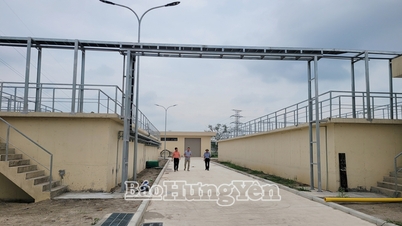

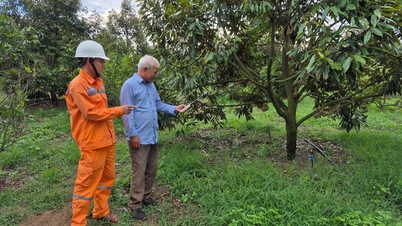





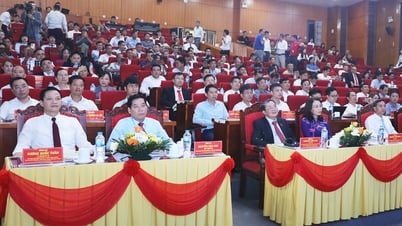











![[Photo] Vice President Vo Thi Anh Xuan, French President Emmanuel Macron and his wife visit Hanoi University of Science and Technology](https://vphoto.vietnam.vn/thumb/1200x675/vietnam/resource/IMAGE/2025/5/27/267b6f2bdf3e46439f081b49f6ec26b1)




























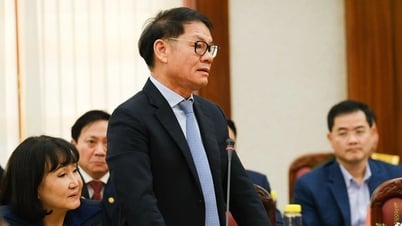







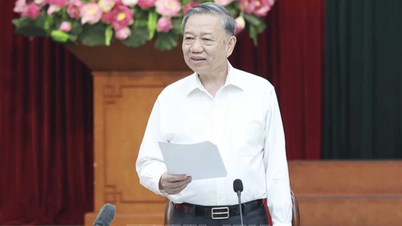



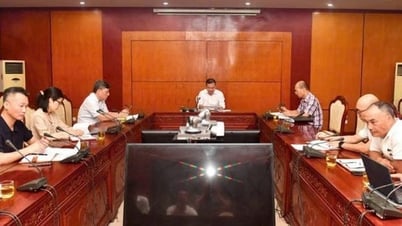







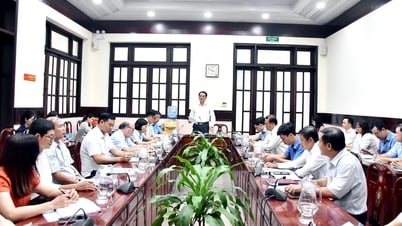










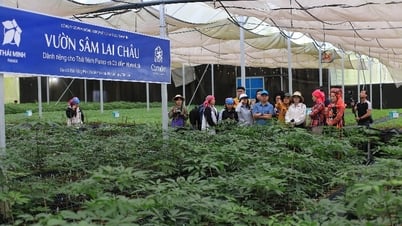

Comment (0)